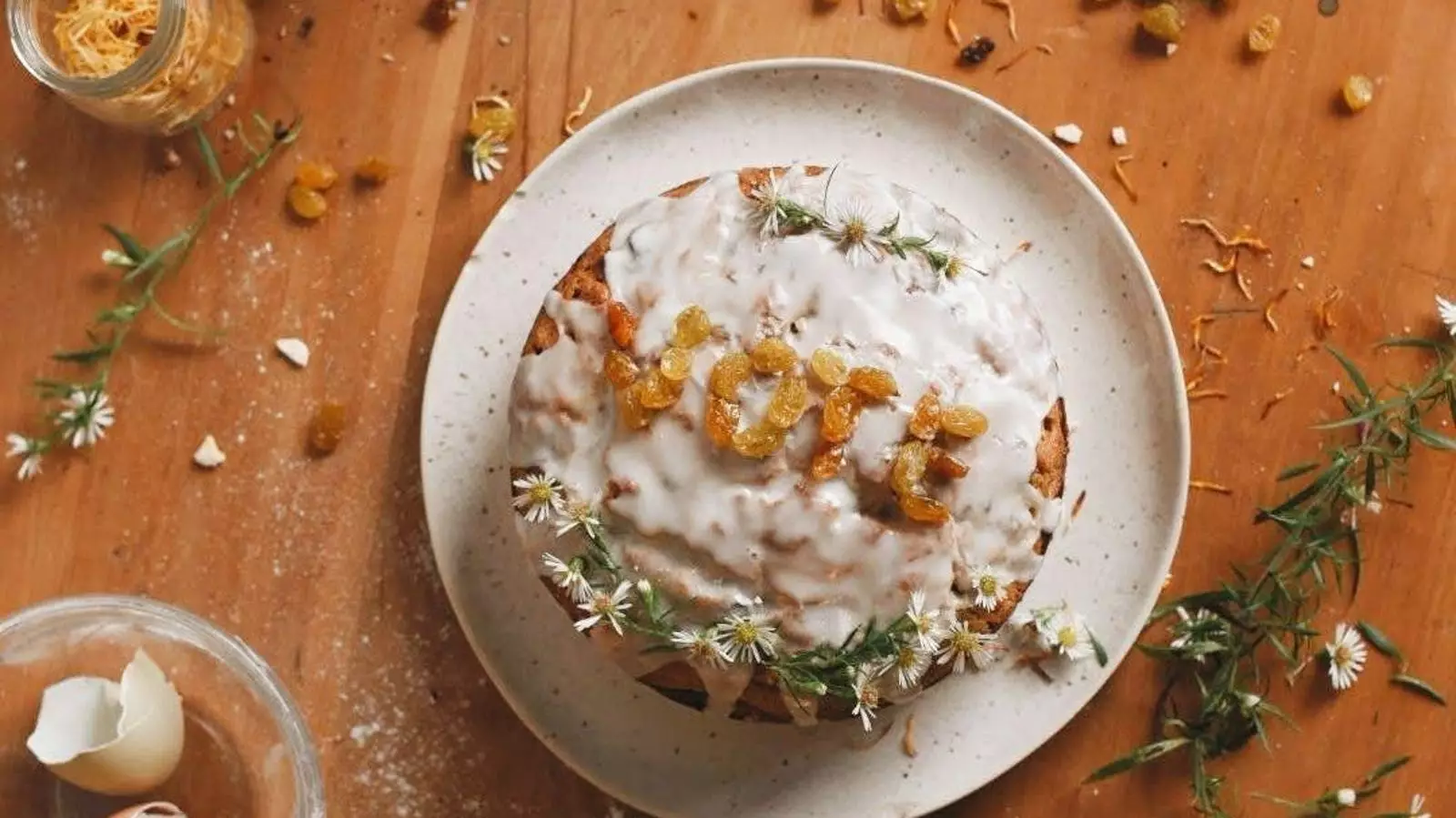Election Day in the United States is often characterized by communal festivities, where treats such as cookies and cakes play a significant role. These events, while seemingly modern, have historical roots that dive deep into the colonial period of the 1700s. As noted by food scholar KC Hysmith, these so-called “Election Cakes” were originally created out of necessity rather than mere celebration. With communities more dispersed and travel time longer, these cakes served the dual purpose of sustenance and social unity during a pivotal time in civic engagement.
These baked goods were not just a way to please voters; they were a means of gathering people from far-flung areas, fostering conversations that could influence the political landscape. Such gatherings allowed people to channel their concerns and aspirations, and for those who could not participate in voting—like women in that era—this was a critical space where influence could still be exercised.
In examining the role of women during these early elections, it becomes clear that baking was anything but a trivial pursuit. In a time when women were largely disenfranchised from political processes, baking provided them a unique avenue to engage in civic life. Hysmith argues that the act of hosting with these cakes was a “really radical act,” illustrating how women found ways to assert their presence and influence in spaces often dominated by men.
By serving cake at polling stations or Election Night gatherings, women subtly bent the ears of the male populace. They wielded a certain power, asserting their thoughts and opinions over a slice of cake, a strategy that combined feminism with culinary art. Thus, the act of baking transcended traditional roles and emerged as a form of social activism.
Today’s interpretation of an “election cake” has shifted dramatically from its historical counterpart, which resembled a bread or fruitcake rich with dried fruits. The modern version allows for any cake to take on this title, transforming the tradition into a more personal and individualized act. This evolution reflects the dynamic nature of cultural practices, where old traditions can be reshaped and infused with contemporary significance. Baking for elections now becomes an act of joy, a moment of stress relief, or a communal celebration, often resulting in delicious desserts that symbolize civic engagement through a modern lens.
In doing so, today’s bakers connect themselves with a rich history, reminding us that these sweet gatherings extend beyond mere nourishment. They serve as reminders of a collective struggle for voice and representation, reinforcing the notion that everyone has a role to play, whether it’s baking a cake or casting a vote. As we approach future elections, let us continue to honor this sweet legacy of empowerment and community.


Leave a Reply